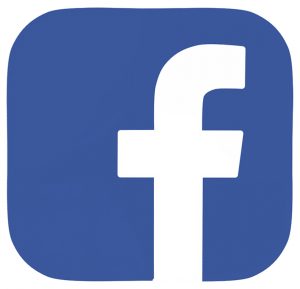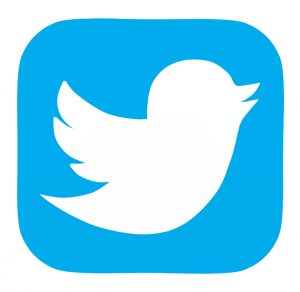Looking ahead: social media in the future
October 9, 2018
As a society, we’ve come a long way since the first social media platforms have graced the internet. From Six Degrees, an ancient platform of the late 90s, to MySpace in 2003, and Facebook in 2008, social media has changed at a rapid pace. So what does the future hold?
- Facebook will rule us all (no joke).
Facebook is currently the most used social media platform of the modern day, reaching two billion active members in Ju ne. Facebook also happens to own WhatsApp, the most popular messaging app, and Instagram, another popular social media platform. The active user base for each of these platforms is growing by the year, with more and more users fitting a younger demographic. In the next ten years, we will all most likely use at least one of these Facebook-owned platforms, and chances are, we already do! Unless, of course, some hot, new app comes along that totally blows our minds, but let’s be real, Facebook will probably soon own that too.
ne. Facebook also happens to own WhatsApp, the most popular messaging app, and Instagram, another popular social media platform. The active user base for each of these platforms is growing by the year, with more and more users fitting a younger demographic. In the next ten years, we will all most likely use at least one of these Facebook-owned platforms, and chances are, we already do! Unless, of course, some hot, new app comes along that totally blows our minds, but let’s be real, Facebook will probably soon own that too.
- What is a newspaper? Is it a printed out copy of my Twitter feed?
Although there are thousands of newspapers in print today, many are switching to the speedier digital platforms and social media, even Zephyrus! It works too; most people nowadays don’t spend an hour reading the newspaper with coffee, rather, they casually scroll through the day’s breaking news on Twitter or Facebook. What’s the point of a physical copy of the news when everything’s right there on your phone? Now, it’s all about who’s the first to break the story, how to get people to click this link, and who’s trending. In the next ten years, most news organizations will likely make the digital switch and you can bet that social media will be there to boost their stories up, up, and away (on Twitter’s trending list).
- Social media for you! Social media for you! Social media for everyone!
Niche social media exists; it’s everywhere, and everyone’s on it. These platforms will definitely see an increasing number of viewers in the next few years. They cater specifically to different needs; for example, Next Door  is a platform for neighborhood residents to interact with one another; IRL is a platform for anonymously complimenting your friends and setting up meetings; Zelle and Venmo are ways of instantaneously transferring money. These new platforms will introduce a new age of interconnectivity, one where almost anyone with access to the internet will have an account for. So, on the brighter side, we will still interact with each other and have those ‘meaningful conversations,’ it’ll just be through the internet. Who knows whether or not we’ll interact with as many real people in the future.
is a platform for neighborhood residents to interact with one another; IRL is a platform for anonymously complimenting your friends and setting up meetings; Zelle and Venmo are ways of instantaneously transferring money. These new platforms will introduce a new age of interconnectivity, one where almost anyone with access to the internet will have an account for. So, on the brighter side, we will still interact with each other and have those ‘meaningful conversations,’ it’ll just be through the internet. Who knows whether or not we’ll interact with as many real people in the future.